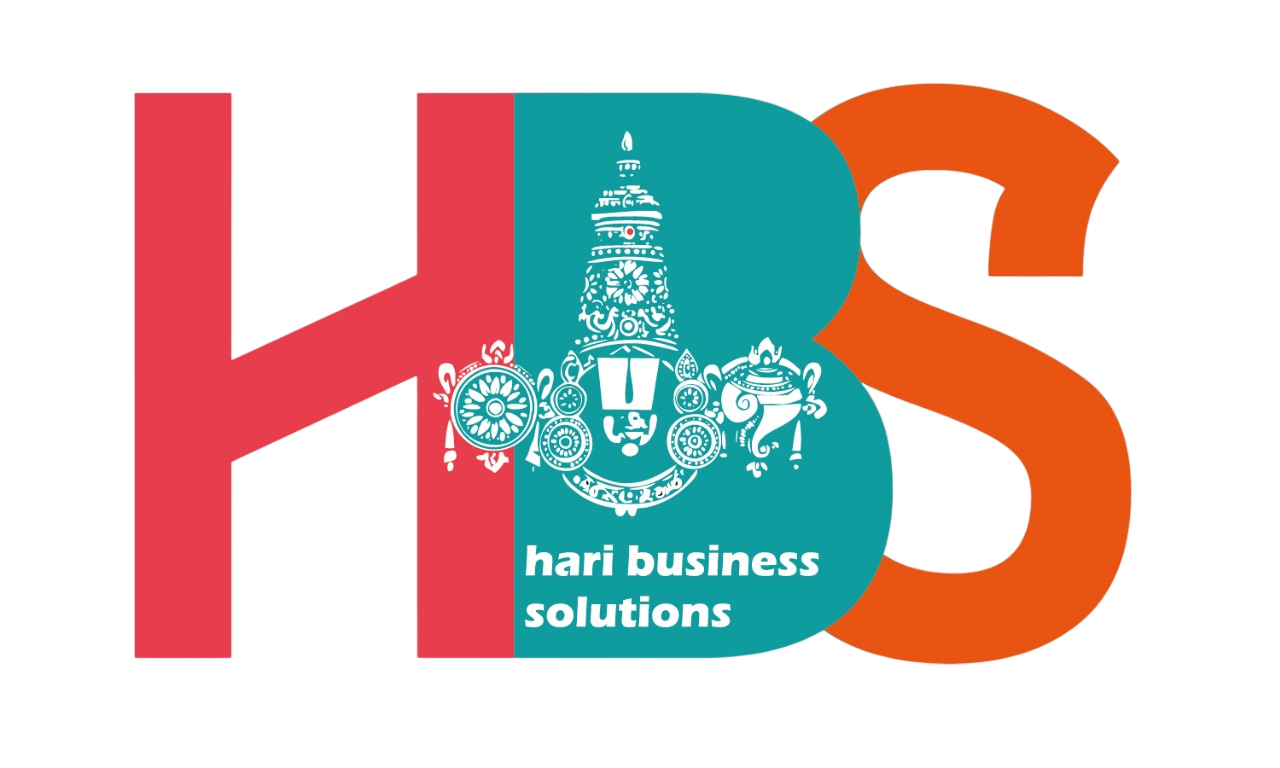ID card printing services in printing signages refer to the provision of services that involve the design, printing, and production of identification cards (ID cards) within the broader context of signage printing.
Here’s a breakdown of what this typically involves:
1. Design and Customization: ID card printing services start with the design of the identification cards. Customers can customize the design to include their company logo, employee photos, names, job titles, and any other relevant information. The design can be tailored to match the branding and visual identity of the organization.
2. Data Integration: Many ID card printing services offer the integration of data, such as employee information, into the card design. This data can be imported from databases or other digital sources to ensure accuracy and consistency in card production.
3. Printing Technology: These services use specialized printing technology to produce high-quality ID cards. Common printing methods include inkjet, dye sublimation, or direct-to-card thermal printing. The choice of technology depends on the desired card quality and volume.
4. Card Materials: ID cards can be printed on various materials, including PVC (polyvinyl chloride) or composite materials. The choice of material impacts the durability and appearance of the ID cards.
5. Security Features: Depending on the client’s needs, ID card printing services may incorporate security features into the cards, such as holograms, UV printing, microprinting, or magnetic stripes, to enhance card authenticity and prevent counterfeiting.
6. Lamination and Finishing: To protect the cards from wear and tear, laminating services may be offered to add a protective layer. Additionally, finishing options such as rounded corners or hole punching for badge clips or lanyards may be available.
7. Volume and Speed: ID card printing services can accommodate both small and large orders, with the ability to produce cards quickly to meet the client’s timeline.
8. Personalization: Each ID card can be personalized with unique information for each individual, including names, photos, and employee numbers. This personalization ensures that the cards are specific to each cardholder.
9. Distribution: Some ID card printing services also offer distribution and fulfillment options, where the printed ID cards are shipped directly to the client’s location or to individual cardholders.
10. Maintenance and Replacements: Over time, ID cards may need to be replaced due to wear and tear or changes in employee status. Many services provide options for reprints and replacements.
In the context of signage printing, ID cards are often used as part of an overall signage and identification system within businesses, schools, healthcare facilities, government agencies, and other organizations. These services help organizations maintain security, improve access control, and enhance their branding through the production of professional and customized ID cards.

